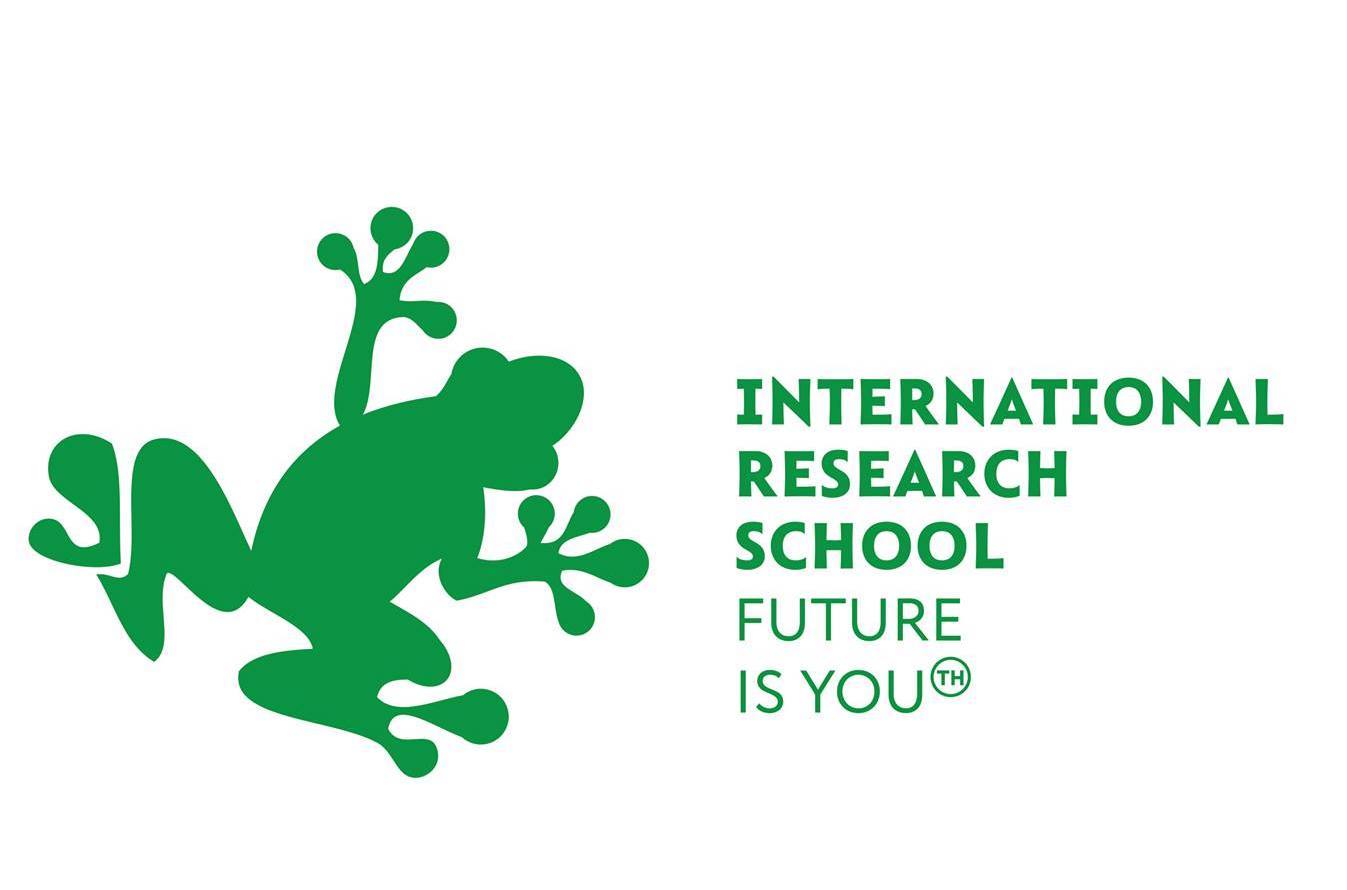12TH INTERNATIONAL RESEARCH SCHOOL
Psycholinguistics: A key for unlocking the moral judgement
Psycholinguistics
„Language is the light of the mind."
John Suart Mill
Did you know that if you learn a language before the critical period expires, that language is actually stored in a different part of your brain than a language you would learn later in life? In case you were wondering, there are currently about 7,000 languages on Earth and 75% of the world's population speaks more than one language. Interesting, isn't it? Now the question is do moral judgments depend on language?
John Suart Mill
Did you know that if you learn a language before the critical period expires, that language is actually stored in a different part of your brain than a language you would learn later in life? In case you were wondering, there are currently about 7,000 languages on Earth and 75% of the world's population speaks more than one language. Interesting, isn't it? Now the question is do moral judgments depend on language?

Modern research makes use of biology, neuroscience, cognitive science, and information theory to study how the brain processes language. Psycholinguistics is interdisciplinary in nature and is studied by people in a variety of fields, such as psychology, cognitive science, and linguistics.
If you are curious about how people acquire language, how they use it to speak and understand one other in real time. If you want to study whether and how processing information in a foreign language as opposed to the native language affects moral judgments. Then join our team.
If you are curious about how people acquire language, how they use it to speak and understand one other in real time. If you want to study whether and how processing information in a foreign language as opposed to the native language affects moral judgments. Then join our team.

Tutors

Aleksandra Spasojević
Doboj, Bosnia and Hercegovina
Doboj, Bosnia and Hercegovina
Aleksandra was born in Doboj, Bosnia and Herzegovina and currently lives in Hamburg, Germany. As a Ph.D. student at the University medical clinic Hamburg –Eppendorf, she is working as a researcher in policlinic of Psychiatry and Psychotherapy, Neuropsychology department. In 2014 she graduated at the University of East Sarajevo, Bosnia and Herzegovina and completed two years of continuous education in the field of Psychotherapy Transactional Analysis with the title Transactional Analysis Practitioner and became a member of ITAA and SATA and with gaining knowledge and experience in working with clients. In 2017 she graduated with a title Master in Psychology as the best student of the generation in the department of psychology and volunteered in Mental Health Center, and many other organizations. Student research papers were a great opportunity to gain research experience. She speaks native Serbian and Croatian, fluent English and German, and have basic knowledge in Spanish.

Tim Prezelj
Ljubljana Slovenia
Ljubljana Slovenia
Tim graduated from Microbiology at the University of Ljubljana, Biotechnical Faculty, where he continues to study Molecular and Functional Biology. He worked at the Department of Agricultural Sciences, Biotechnical Faculty (a topic of agricultural entomology). Then he moved to National Institute of Chemistry, a field of synthetic molecular biology and nano-biotechnology (4 years). He has been working in the Institute of Cell Biology for the last five years (main research focus-cell and tissue cultures and organoids as model system for basic cancer research). He teaches medicale students practical part of Cell Biology lectures and lecture evolutionary psychology at Philosophical Faculty. His passion to connect humanistic and natural sciences concepts began when he was still a student at Diocesan Classical Gymnasium. He participated at many MILSET events as delegation leader. He is responsible for Intel ISEF, GENIUS Olympiad and other international science fairs for Slovenian delegations.


